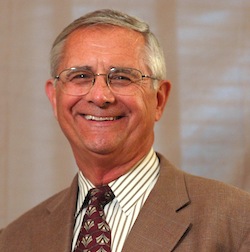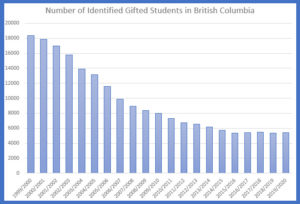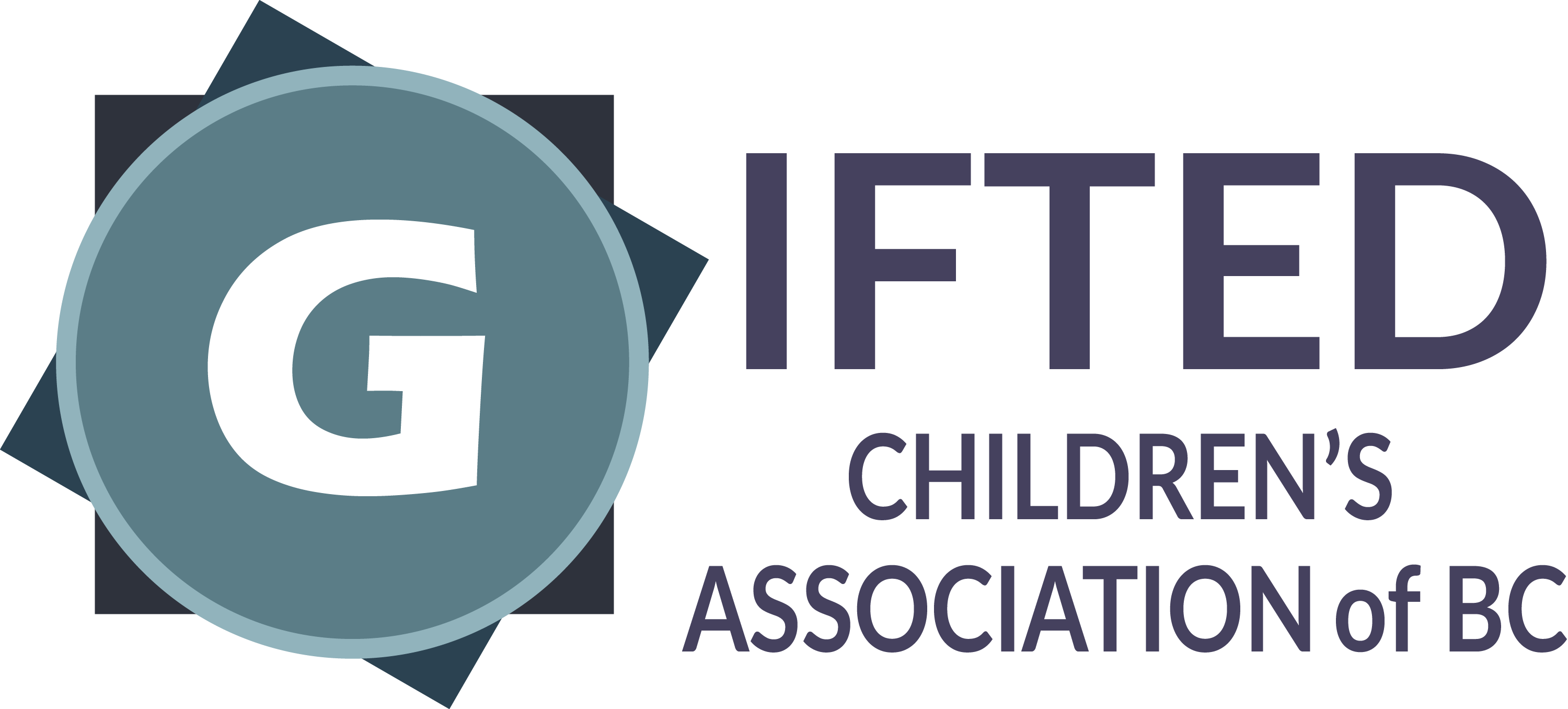The Gifted Children’s Association of British Columbia (GCABC) is a not-for-profit and charitable registered society that has been operating in British Columbia since December 19, 1983.
In the early 1990s, the GCABC was energized by the BC Education Ministry’s decision to support the philosophy of integration of students designated as Special Needs and focus attention on their needs. This move was taken as a signal that all designated students would be receiving enhanced support. Throughout the ‘90s, the GCABC thrived, managing an active program including local chapters based in many school districts around the province. There also was a printed newsletter for members called Bright Connections that featured the stories and artwork of the children. There was a focus on advocating for gifted programming and supporting families of gifted and multi-exceptional children to get together, giving the children a chance to spend time with similar-ability peers. Some members travelled to Victoria to speak to the Ministry of Education and had a considerable influence on having policy and information about educational acceleration practices in the Ministry’s Special Education Manual. Conferences were held annually in the location of the provincial leadership: originally in Vancouver, then in Victoria attended by many parents who were homeschooling, and then back to Vancouver again. The conferences featured researchers, teachers, and some parents whose presentations were focused on ways to help others understand giftedness and good educational practices for gifted children.

As a volunteer-run organization, over time the GCABC had many changes in leadership at the provincial and chapter levels. There was still a need for advocacy and creating opportunities for gifted children to come together, but at times there were leadership positions that sat vacant. There was a call for new leadership but for a period of time there was little action. Nevertheless, committed board members maintained the organization’s non-profit status. However, as the organization was inactive from 2013-2014, the original website domain was lost.
In 2014, new board members stepped into the provincial leadership positions and revived GCABC. In 2016-2017, the board became more active, and a new website was launched. The GCABC also started to build awareness about the organisation and giftedness in general through social media. Parents were connecting in small groups based on location, ages of children, or similar experiences.

In 2018, the GCABC organised a three-day conference, Power Up Potential, with Dr. James Webb as the keynote speaker. A leading American expert on giftedness and founder of the American organisation Supporting Emotional Needs of the Gifted (SENG), Dr. Webb energised the GCABC board and members of the organization to providing continuing education of educators, the parent community and policy makers. This was a significant event in the revival of a much-needed organization dedicated to keeping awareness of gifted/multiexceptional learners alive in the parent and education communities.
In 2019, the membership was moved to the digital platform Wild Apricot and board work to Microsoft Teams. In 2020, due to the Covid-19 pandemic, webinars replaced in-person events. The digitalisation of board work, and the presence on social media facilitated the GCABC’s growth from an organisation active mainly in the Lower Mainland, to one that more effectively reaches the entire BC region, thereby helping more families around the province.
Starting in 2021, a stronger Ministry focus on the education strategy described as ‘inclusion’ has continued to be reflected in the decline in programming to support gifted learners with some school districts beginning to question the viability of long running congregate gifted programs. Concern that other categories of special needs students were “restricted” to segregated classes and not included in mainstream classes, turned the spotlight on congregated classes of gifted students. These ‘gifted classes’ were looked at as the same type of segregated program, not open to include a greater cross section of students and restricting students from participation in mainstream classes due to their learning needs. Without understanding the needs of gifted/multiexceptional students for learning at a greater pace, depth and breadth with like-minded peers, a learning experience that is difficult to provide in a more heterogeneous grouping, this strategy has and continues to result in detrimental changes to long standing supportive practices.
A legacy decision by the Ministry in 2002 to remove targeted funding to four categories of Special Needs students now considered ‘high incidence’, including Gifted and Learning Disabilities, has had profound consequences for gifted students. It has long been understood that support for special needs students requires additional financial support targeted to the needs of these students. Additionally, now that funding was no longer targeted to be spent on support for specific reported students in these high incidence categories, resources and supports for gifted students, even if received by Districts who claimed designated gifted students, was and is often spent on services for other designations.

Additionally, school districts reduced the number of students they were assessing and designating as gifted/multiexceptional — what would be the point of assessing if there was to be no additional funding to support assessment or services? In 1999-2000 school year, 18,372 or 2.6% of total BC students were reported designated as gifted. The number of students designated as gifted slumped to just 5,469, or 0.8% province-wide, by 2017/2018. The numbers continue to decline. Fewer and fewer students are being designated as gifted, and fewer teachers acquire the knowledge and experience to identify and respond to their needs.
As the organization moves into 2023, the GCABC has become increasingly concerned that these changes remove support that gifted/multiexceptional learners are entitled to and need to be successful learners and reach their potential. This is especially true for those identified as multiexceptional (more than one category of special need) and often referred to as twice exceptional learners, who are particularly vulnerable without understanding and support. In response, the GCABC has again activated the partnership with the Lower Mainland Gifted Contacts (LMGC), district staff responsible for providing school district support to their gifted learners. The two groups have resurrected the pre-COVID live parent education events, Parents as Partners which is being well received. The initial events focussed on the results of the survey of parents of gifted students across BC, conducted by Dr. Debbie Clelland and supported by Adler University and GCABC. Additionally, GCABC continually looks for opportunities to advocate at all levels of education for recognition of and support for these very unique neurodiverse learners.
